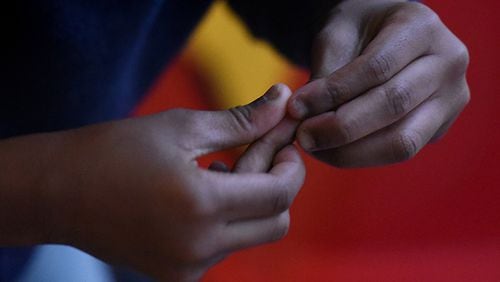Gwinnett County, Georgia's largest school district, assigns a disproportionate number of black children to a special program for children with behavioral disorders, an investigation by The Atlanta Journal-Constitution found.
Fifty-three percent of the 152 Gwinnett students assigned last fall to the Georgia Network for Educational and Therapeutic Support, or GNETS, were black. But African Americans make up just 33 percent of Gwinnett’s overall enrollment.
This is among the findings of the Journal-Constitution's investigation of the GNETS program, which segregates children not only by disability but also by race. Read the AJC's complete investigation here.
“We do not look at ethnicity at all,” said Paula Everett-Truppi, executive director of special education and psychological services for the Gwinnett schools. “That would not be part of the equation.
“It’s all based on the level of support they need, and not their ethnicity.”
Click here to see a breakdown, by school, of the Gwinnett students enrolled in GNETS.
About the Author







